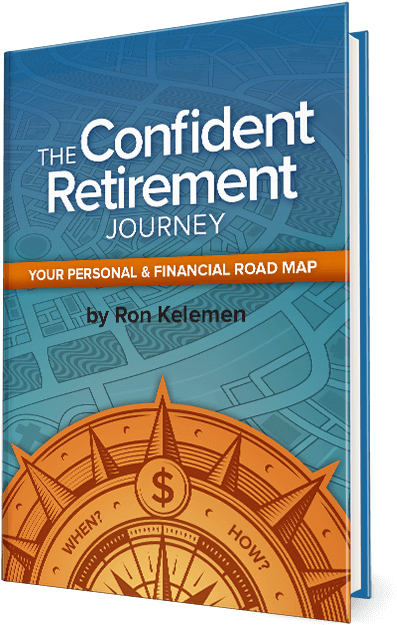Do you know what to do if your business stops paying your bills or goes bankrupt?
What you may not know is that in these situations you are considered an uninsured creditor and there are important government regulations you should be aware of to try and protect yourself from losing money or Wealth.
What is a creditor?
You are a creditor if the business owes you money. This is usually because you have provided goods or services or provided a loan to the company.
There are generally two types of creditors: unsecured and unsecured.
Uninsured creditors are individuals or businesses that provide goods or services without receiving specific assets as collateral. This poses a high risk to creditors because they will have no return if their customer fails to pay.
Insured creditors are usually banks or lenders based on other assets that have insurance on the company's assets.
Signs that customers can not pay
Make sure you stay ahead of the game by looking for signs that your customers may be struggling to pay you back. They may be:
Starts not working on payments when they usually pay on time
Claim they can not pay you because they are waiting for payment from one of their customers
Claim that they did not receive your invoice or that it was not set correctly
Do not pay others who have contracted with them
Say they will pay you on specific date then do not
Stop responding to phone calls, messages, or emails
Immediately change managers or senior directors
Start using a calculator to pay your bills
Change their credit score (you can track this through organizations like CreditorWatch)
Start transforming company assets such as factories into other businesses
There is a default notice against them in court
If you see these warning signs, it is a good idea to re-evaluate whether to continue supplying them. If you have a contractual obligation, it is important to seek legal and business advice before taking any action.
What is bankruptcy
A company may go bankrupt if it is unable to repay its debt on time. In some cases, it can continue to trade under the supervision of an appointed manager (known as a voluntary administrator) when it tries to repay its debts. In other cases, they can immediately stop trading and move on to settlement. Bonding is the process of selling all of its assets before the business closes completely. If it is not possible to save the company or its business, the management process aims to manage the affairs of the company in a way that leads to a better repayment to the creditors than they would have received if it had been put into operation immediately. ⁇.
Suppliers and contractors are generally considered unsecured creditors, however, they can retain interest on their personal property if it is listed on the Personal Property Safety List (PPSR).
You need to be aware that the phrase “ownership” in your contract (indicating that the title remains with you until the goods are fully paid) does not protect you. Registration at P. P. S. A can put you first to get your goods or money back, rather than behind the line if your customers do not pay or break.
Before a company goes bankrupt
When a company that owes you money reaches a settlement, it is important to note that as an uninsured creditor, regardless of your business size or debt size, you are given the same protection under Corporate law. The cashier will generally prioritize the interest of the uninsured creditors after the creditors and employees are secure.
To be included in the process of liquidating a company (or dissolving a company) once it goes into administration (or payment), it is important to take detailed step-by-step steps in management. Supplier insolvency checklist.









Post a Comment